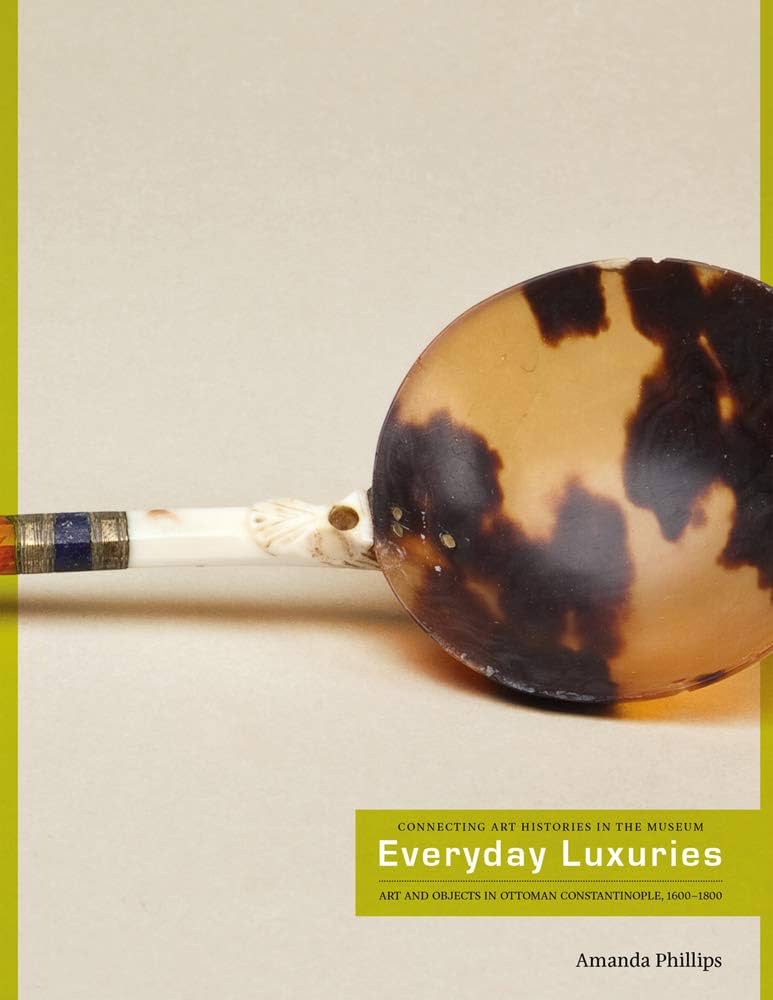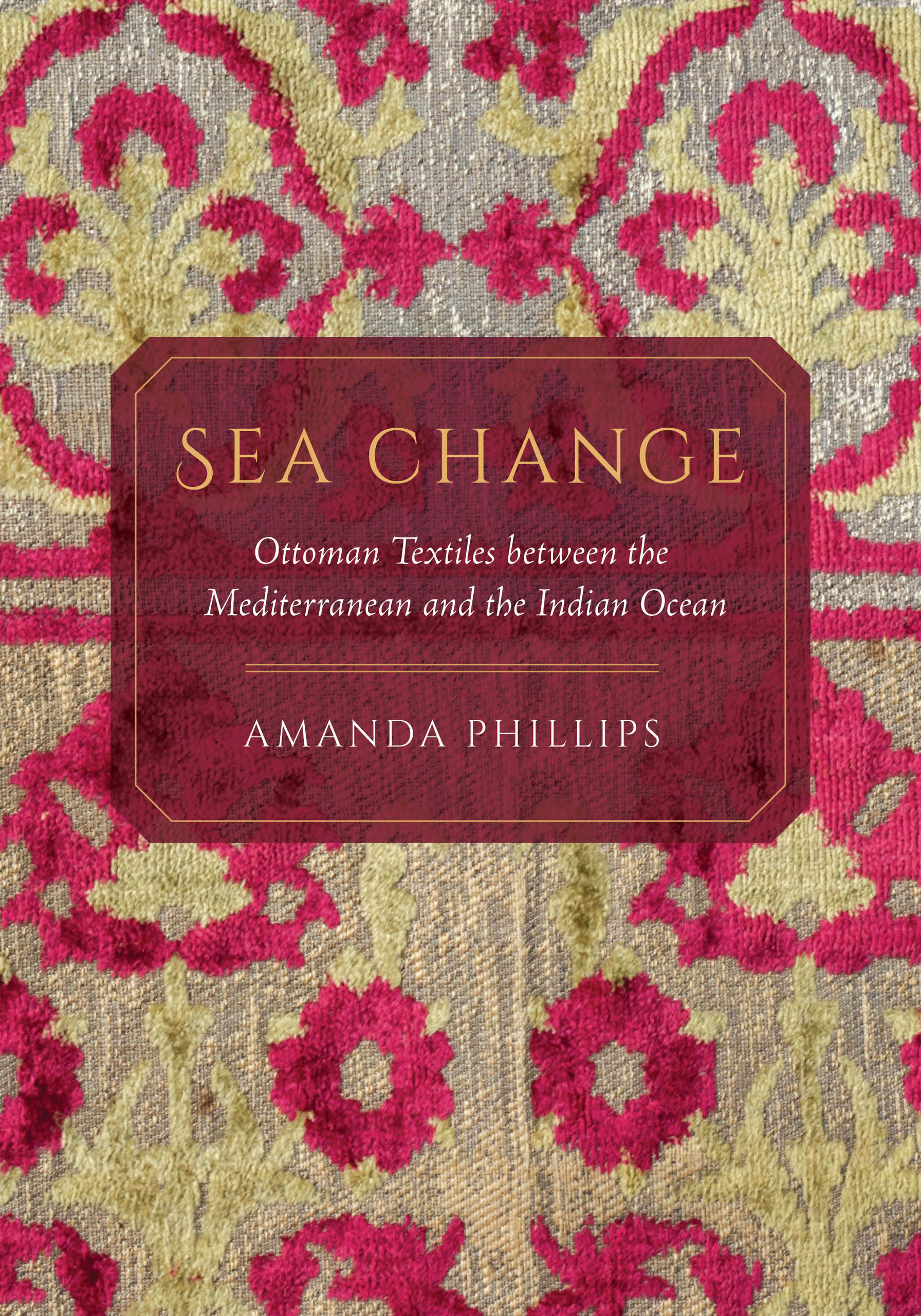Research and Writing


Amanda Phillips's research and writing explores the linked topographies of art, architecture, and material culture in the Ottoman and Islamic world. Her first monograph, Everyday Luxuries: Art and Objects in Ottoman Constantinople, 1600-1800 (Berlin and Bönen, 2016), grew out of her work as a fellow at the Berlin Museum of Islamic Art. It focuses on ceramics, textiles, wood- and metal-work, and arts of the book in the Empire's capital city and in its households in particular. It argues, among other things, that consumers had access to worlds of goods, and drove a lively global exchange of textiles, above all. She further explored this theme in a recent chapter of the major multi-author work Early Modern Istanbul (ed. Kafesçioğlu and Hamadeh, Leiden and Boston, 2021), drawing examples from embroidery and pottery.
Her second book, Sea Change: Ottoman Textiles Between the Mediterranean and Indian Ocean (Oakland, 2021) takes a multidisciplinary approach to overlapping textile topographies in the eastern Mediterranean, placing them in a global perspective. It emphasized transfers of complex technology and paths of artisan migration, as well as how the state and textile-workers negotiated changing social and economic circumstances. It received more than ten reviews (including those in the Daily Sabah, the Turkish Historical Review, caa.reviews, and the English Historical Review). It was short-listed for the 2021 Shep Prize, awarded by the Textile Society of America. A book talk and several related podcasts are available online, and a related (and much earlier) article on luxury silks--and specifically velvets--was awarded the Ševčenko Prize by the Historians of Islamic Art Association in 2011.
Other articles and chapters explore Islamic robes-of-honor, cotton and linen towel-weaving in the nineteenth century, and a massive silk hanging made for an Ottoman Sultan. Amanda's current project--for work on which she received a Senior Researcher Award from the Fulbright Commission in 2022-23--looks at the intersection between textiles, material culture and the economy of plants and flowers in the seventeenth and eighteenth centuries.